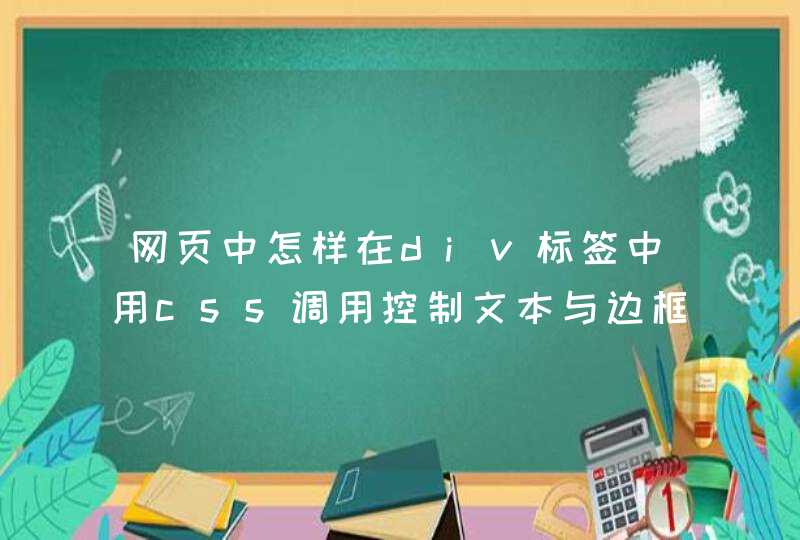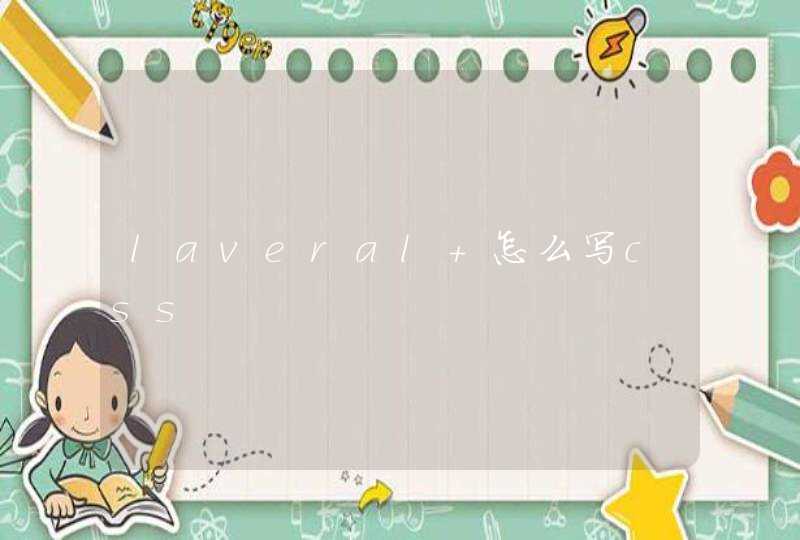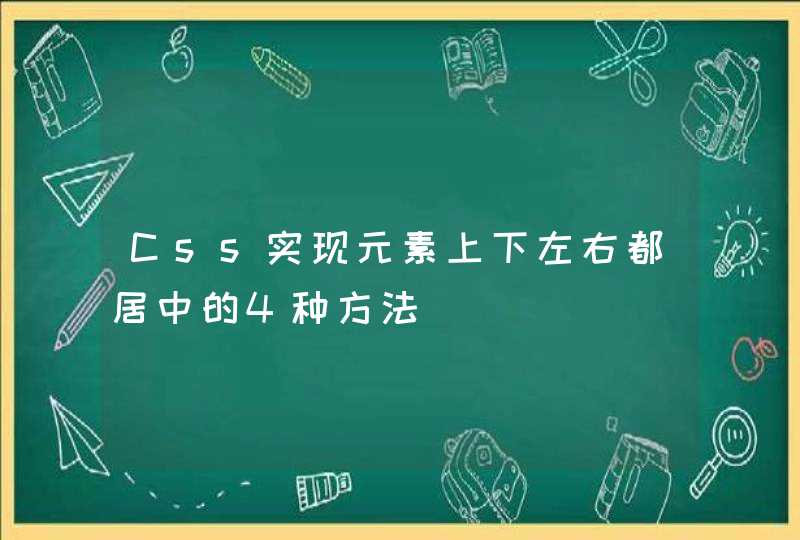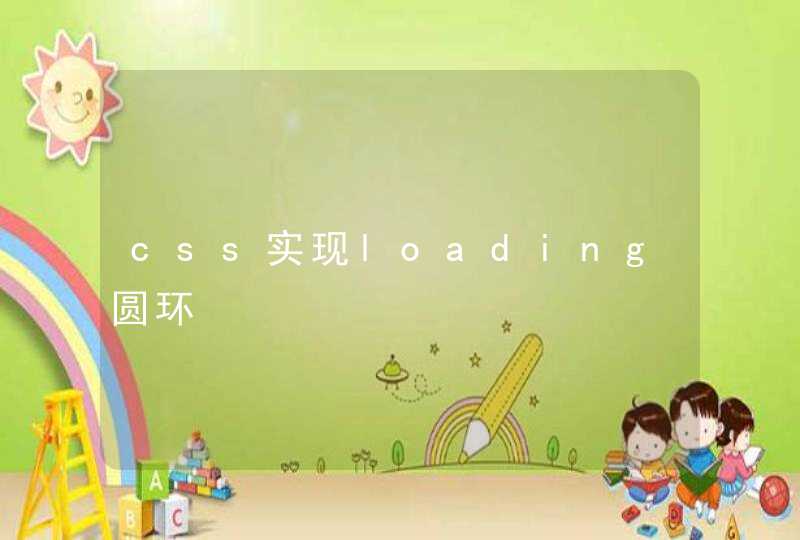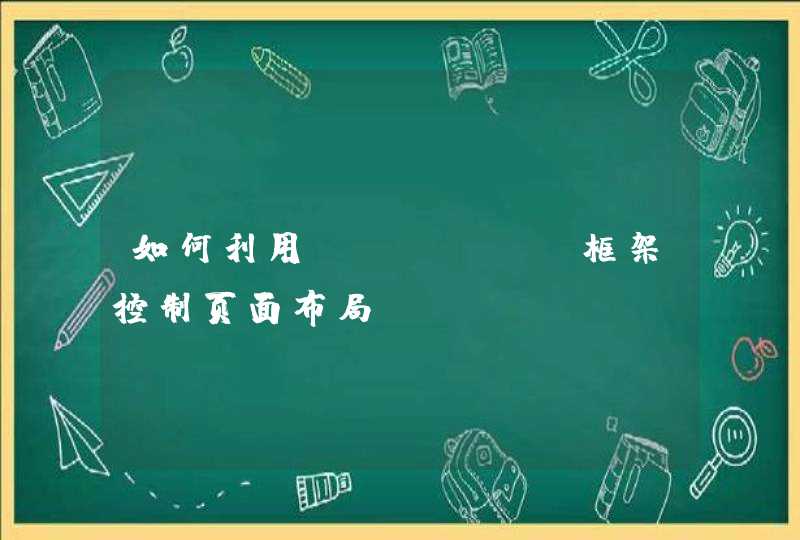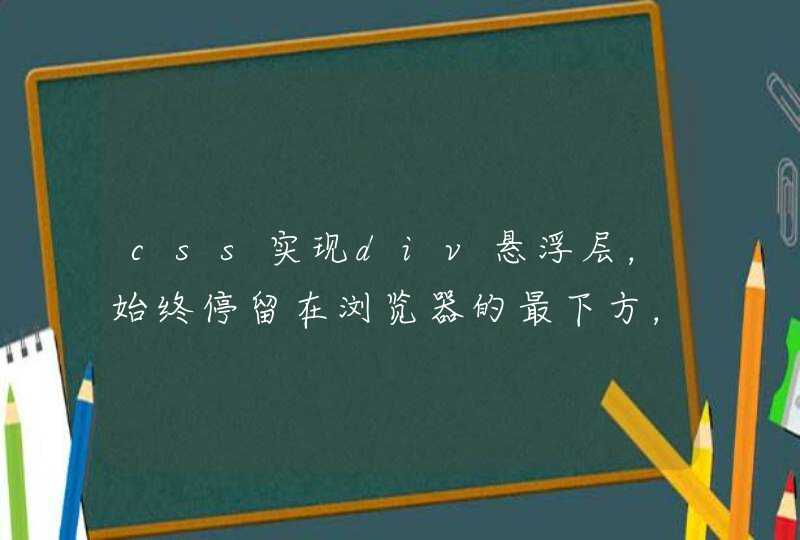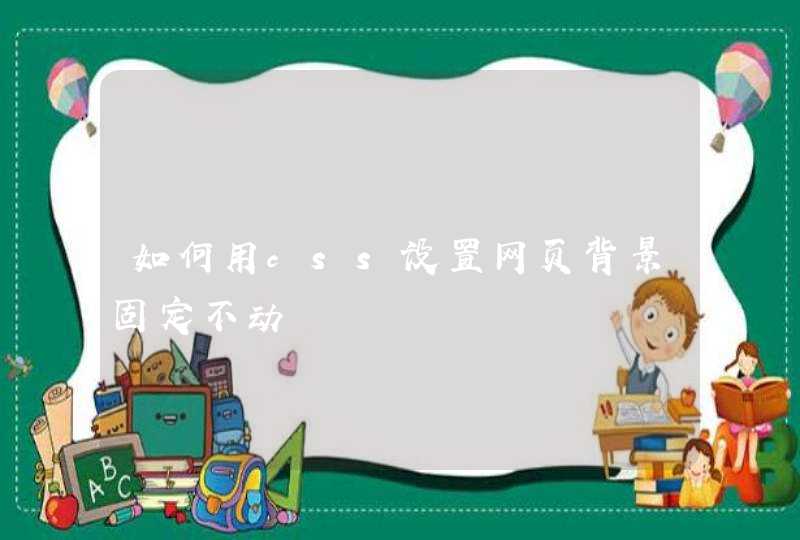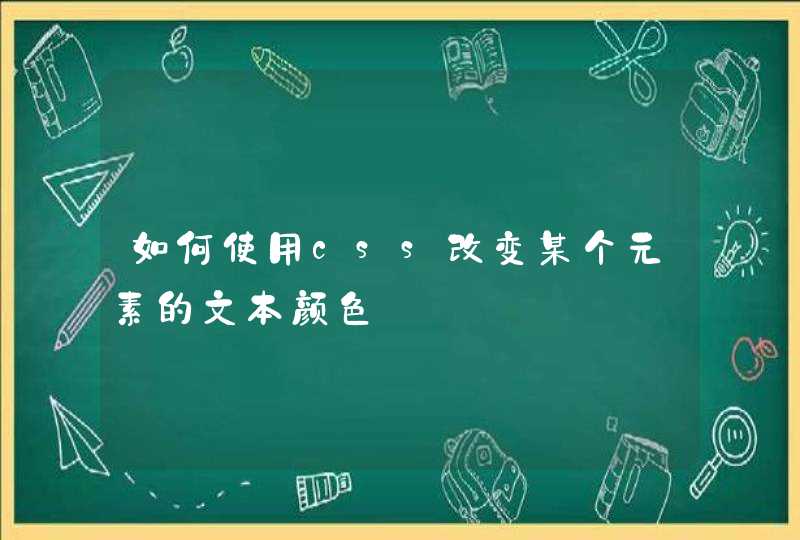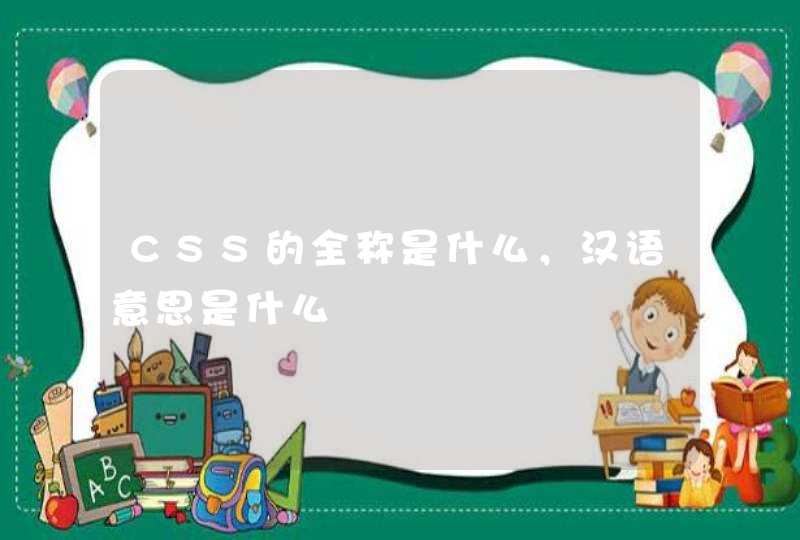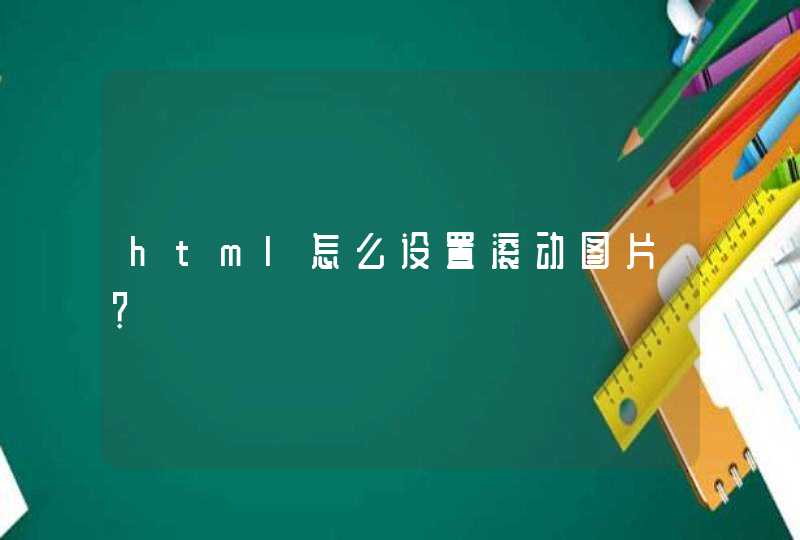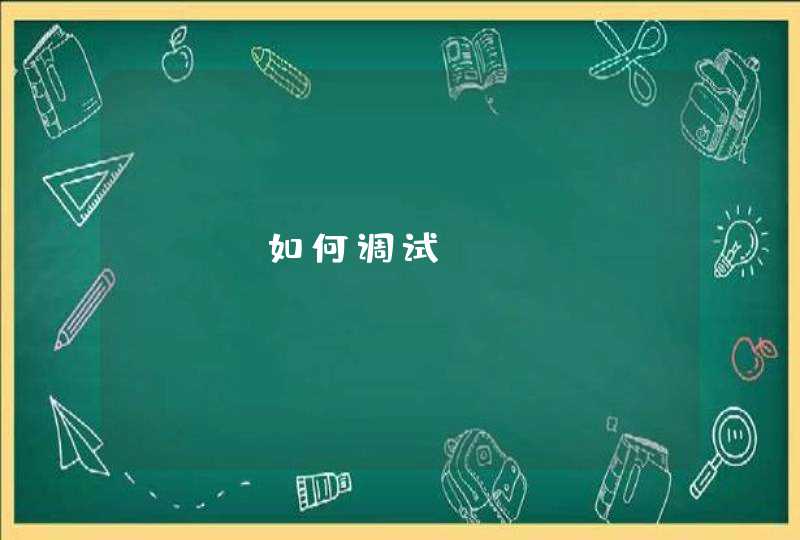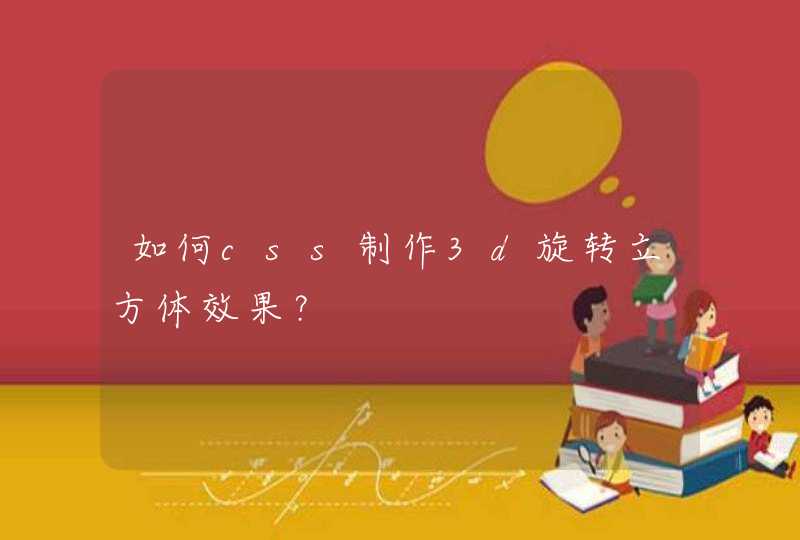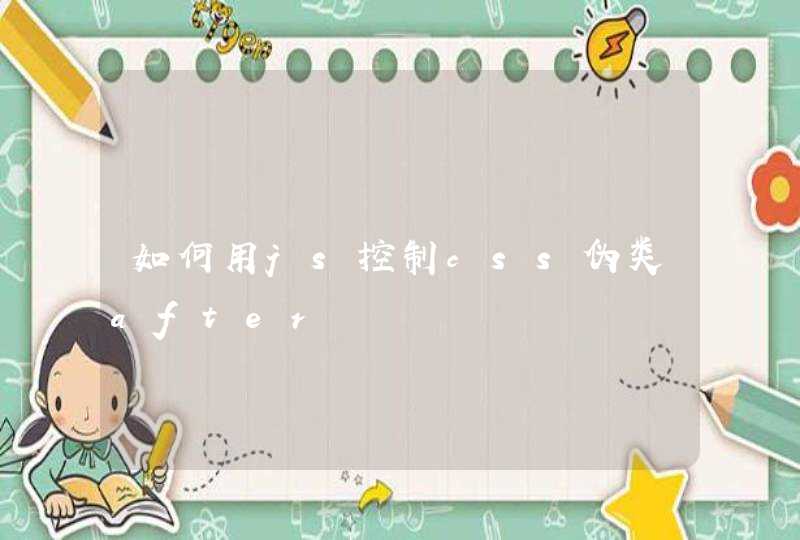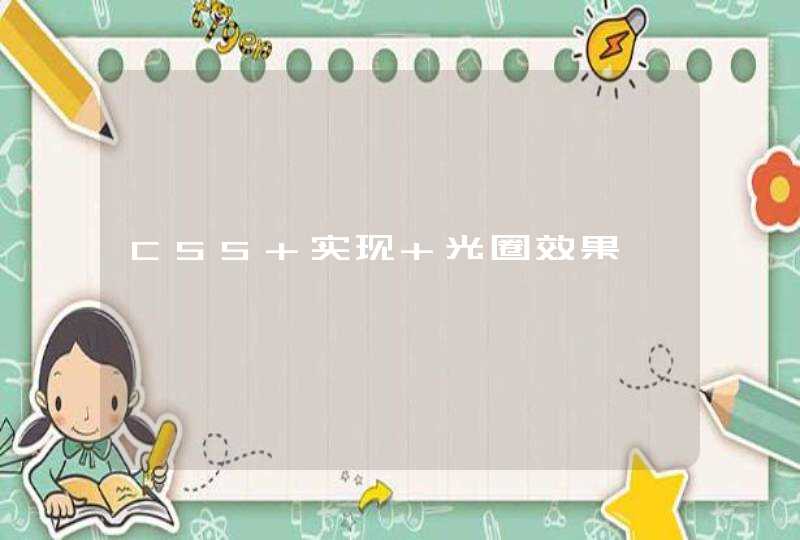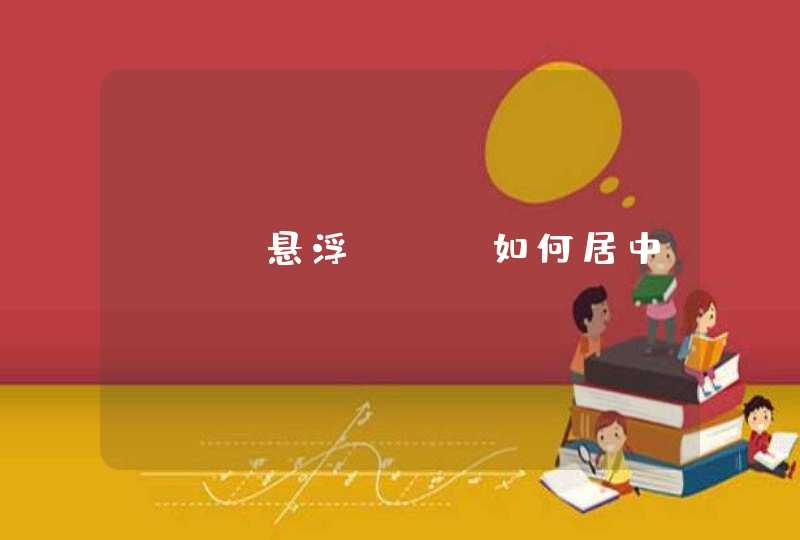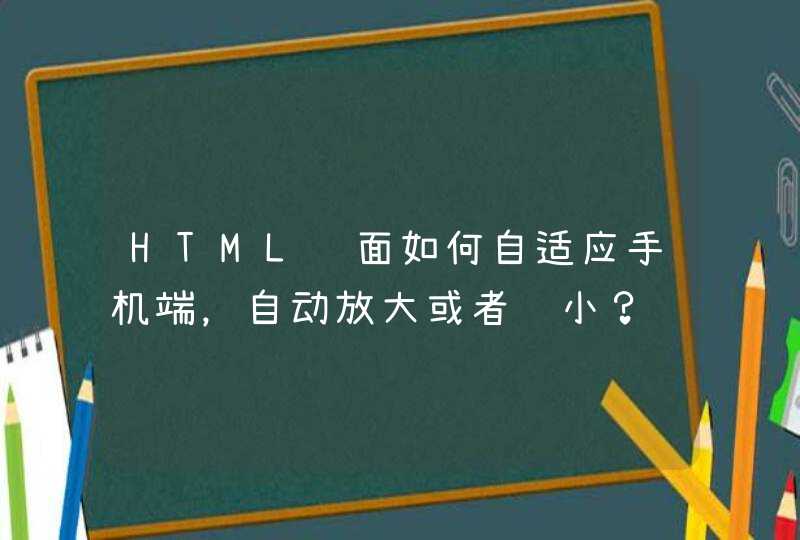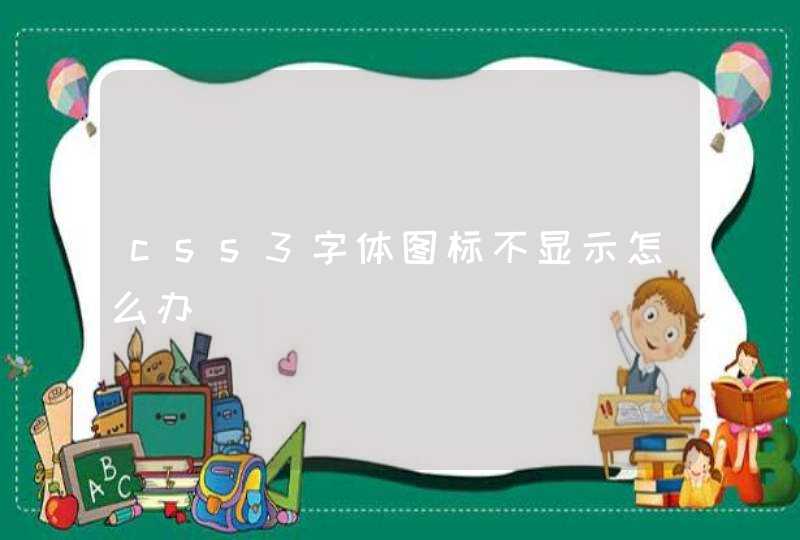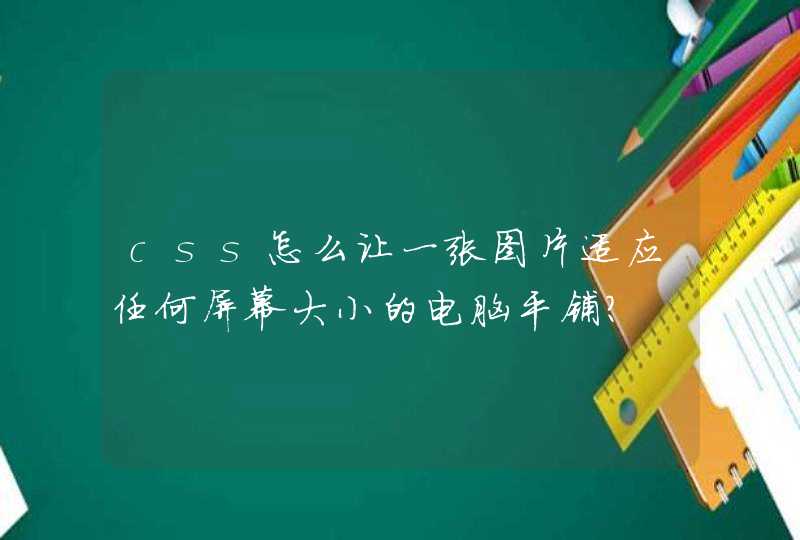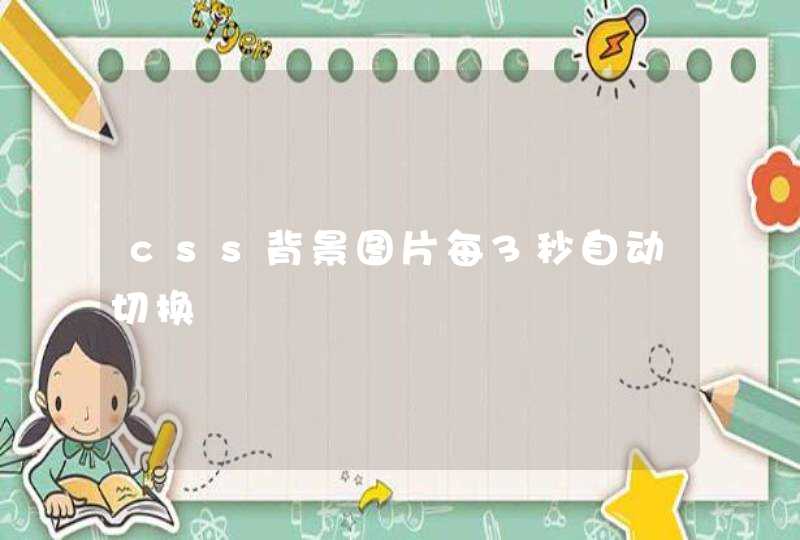
perl解析html, 比较常用的模块是 HTML::TreeBuilder,该模块将html字符转化dom树,方便操作
一个dom元素对应 一个HTML::Element对象,dom的
属性方法都定义在该类中,以下是代码
# 一个dom元素,比较重要的属性,方法# attr: $e->attr('id') 返回标签的某个属性值
# text: $e->as_text 返回标签包裹的内容,如<a>click me</a> 返回的是 click me
# html: $e->as_HTML 返回该元素的html文本
# tagname: $e->tag() , 返回标签名,如a,div, 小写形式
# parent node: $e->parent , 返回父节点
# children node: $e->content_list() , 返回所有子节点,只是直接子节点
use HTML::TreeBuilder
@d=<DATA>
$html = join "",@d
#print get_elements_by_attr_regex($html, 'id', qr/^\d+$/)->as_HTML
# @elist = get_elements($html,'table','id',qr/\d+/)
# print $elist[0]->as_HTML
$table = get_element_by_id($html, 'table1')
@children = $table->content_list()
foreach $child (@children){
print "child tag:",$child->tag(), "\n"
}
#function defined........................
#$html: a html content
#$attr: attribute name
#$attr_regex: a pattern of attr value
sub get_elements_by_attr_regex{
my ($html, $attr, $attr_regex) = @_
my $tree = new HTML::TreeBuilder
$tree->parse_content($html)
my @list = $tree->look_down($attr, $attr_regex)
return @list
}
#$html: a html content
#$idvalue: id value
#
sub get_element_by_id{
my ($html, $idvalue) =@_
my $tree = new HTML::TreeBuilder
$tree->parse_content($html)
my @list = $tree->look_down('id',$idvalue)
die "not unique element by id:$idvalue" if scalar(@list) != 1
return $list[0]
}
#$html: a html content
#$tagname: tag name
#
sub get_elements_by_tag_name{
my ($html, $tagname) =@_
my $tree = new HTML::TreeBuilder
$tree->parse_content($html)
return $tree->find_by_tag_name($tagname)
}
#$html: a html string
#$tag: tag name
#$attr: attr name
#$attr_regex: attr value pattern
sub get_elements{
my ($html, $tag, $attr, $attr_regex) = @_
my @list = get_elements_by_attr_regex($html, $attr, $attr_regex)
$tag = lc $tag
@list = grep $_->tag() eq $tag, @list
return @list
}
__DATA__
<table id="table1" border="1" cellspacing="0" cellpadding="6">
<tr><td><a href="x">x text</a></td><td><a href="y">y</a></td></tr>
<tr><td id='1s'>1</td><td >2</td></tr>
</table>
最直接的就是print html code,当然比较繁琐,一般多用模块实现,比较常用的是CGI模块,例如:
#!/usr/bin/perluse CGI
my $q = CGI->new
#print $q->header()
print $q->start_html('hello world')
print $q->h1('hello world')
print $q->end_html
输出:
<!DOCTYPE htmlPUBLIC "-//W3C//DTD XHTML 1.0 Transitional//EN"
"
<html xmlns="
<head>
<title>hello world</title>
<meta http-equiv="Content-Type" content="text/html charset=iso-8859-1" />
</head>
<body>
<h1>hello world</h1>
</body>
</html>
print $q->header()主要是为了CGI程序用,如果只是要生成html代码就不用了。
perl删除文件使用unlink语句,例如删除a.html的语句为:unlink 'a.html'
如果需要删除文件里面的部分内容,一般是把文件读入变量里面,修改内存变量后重新写入文件。
